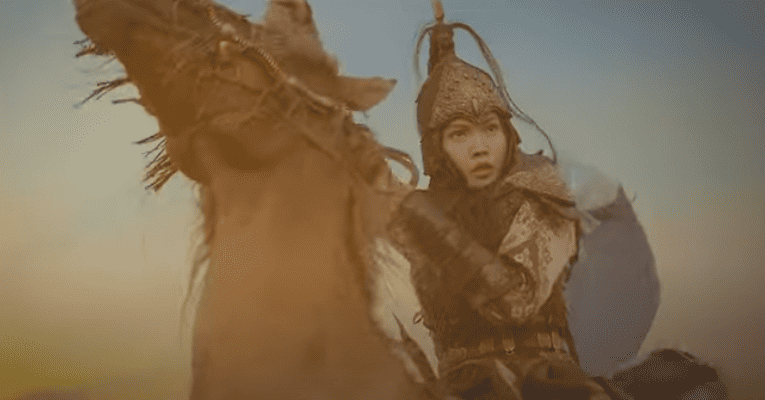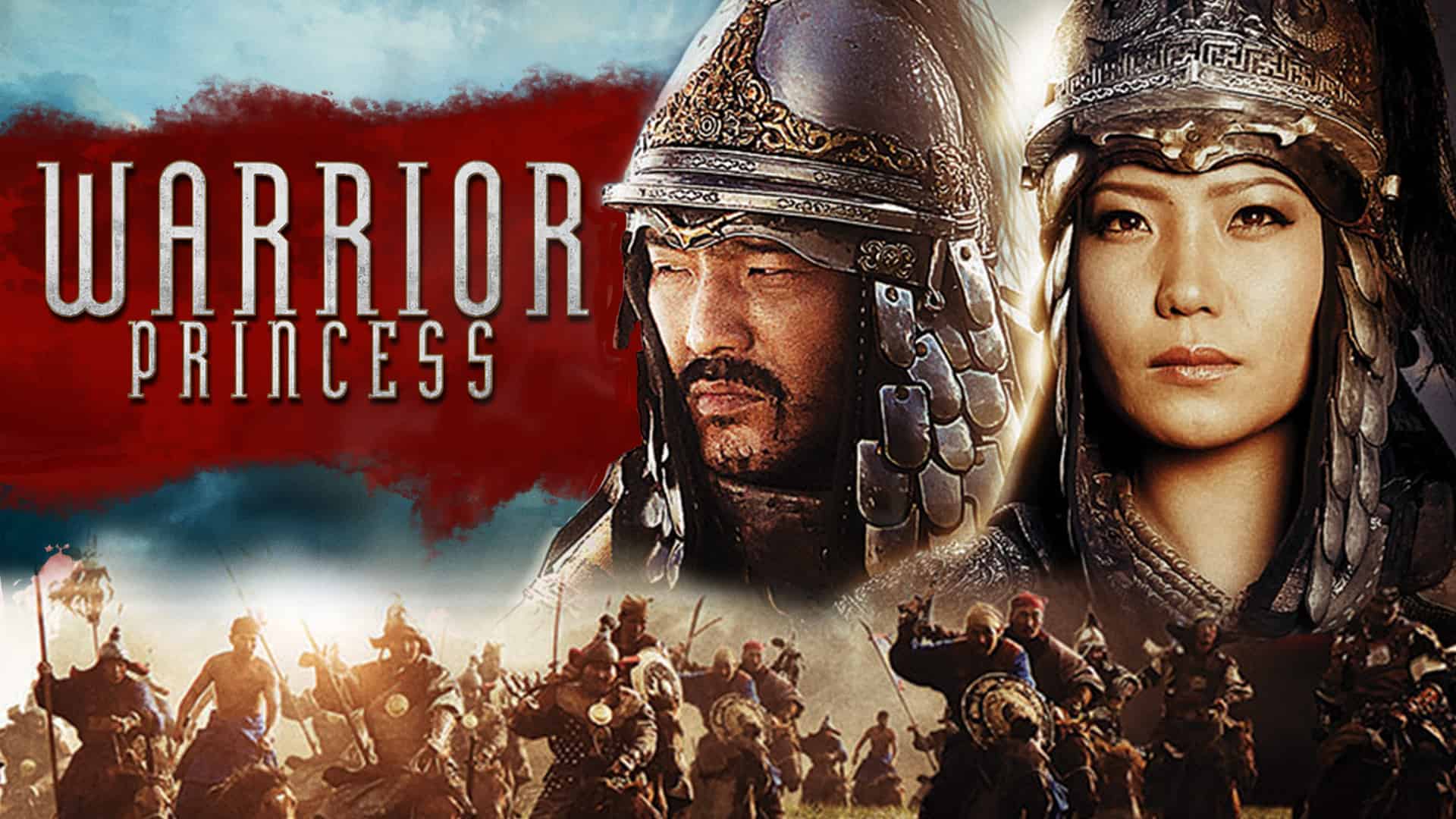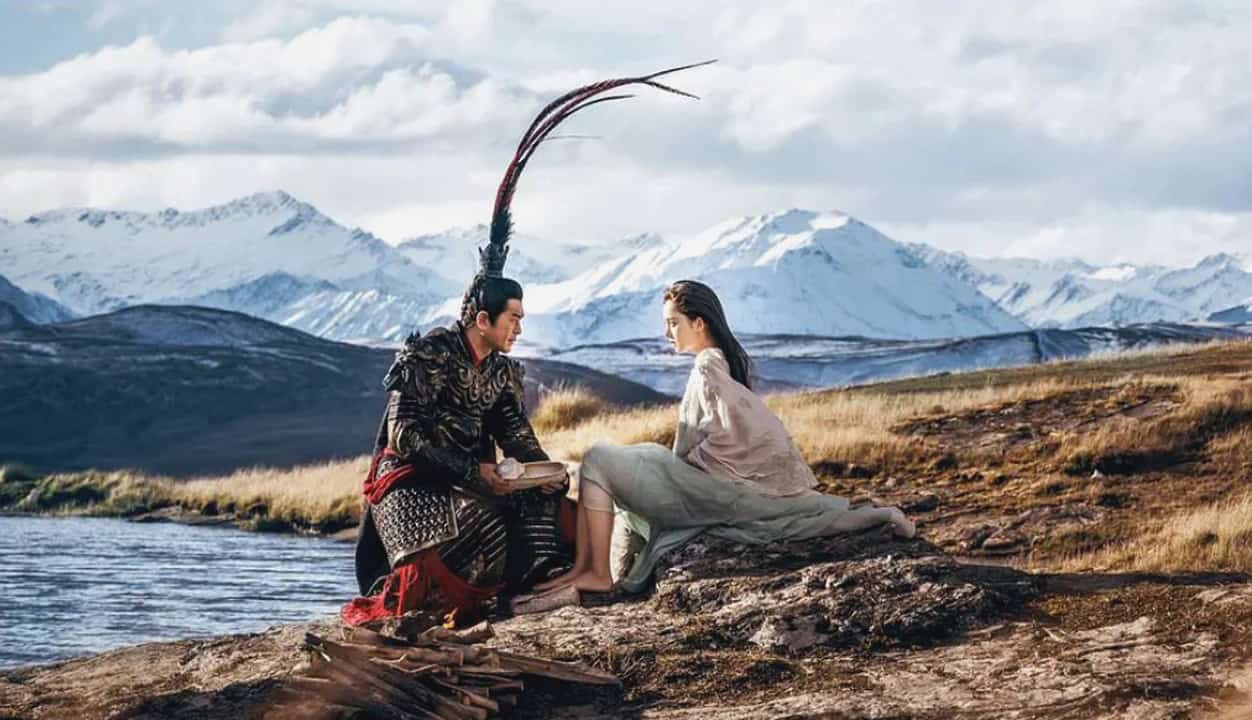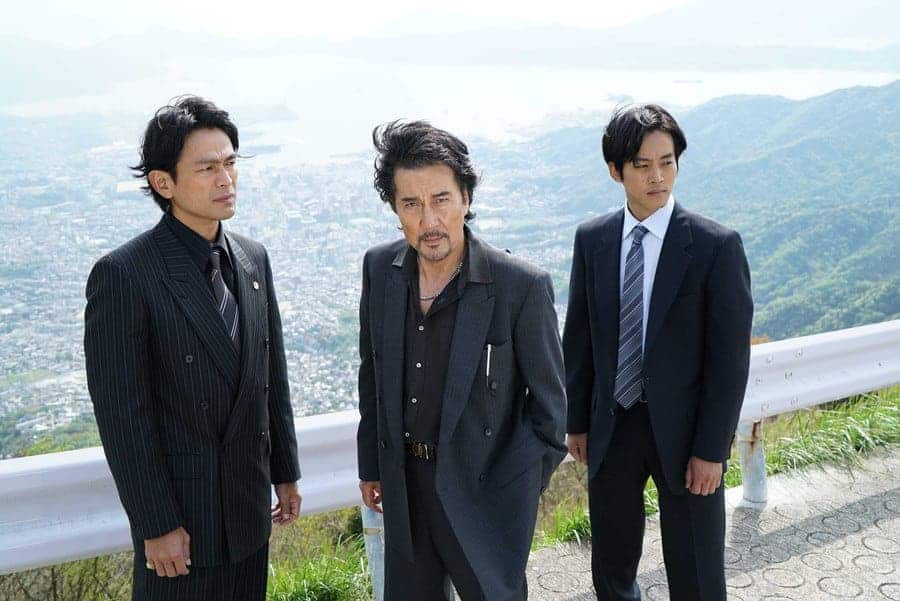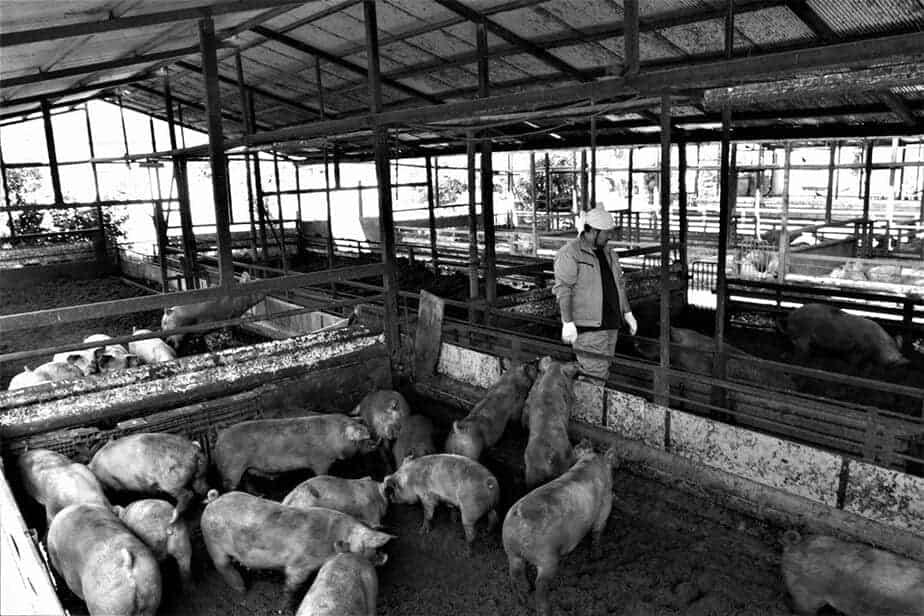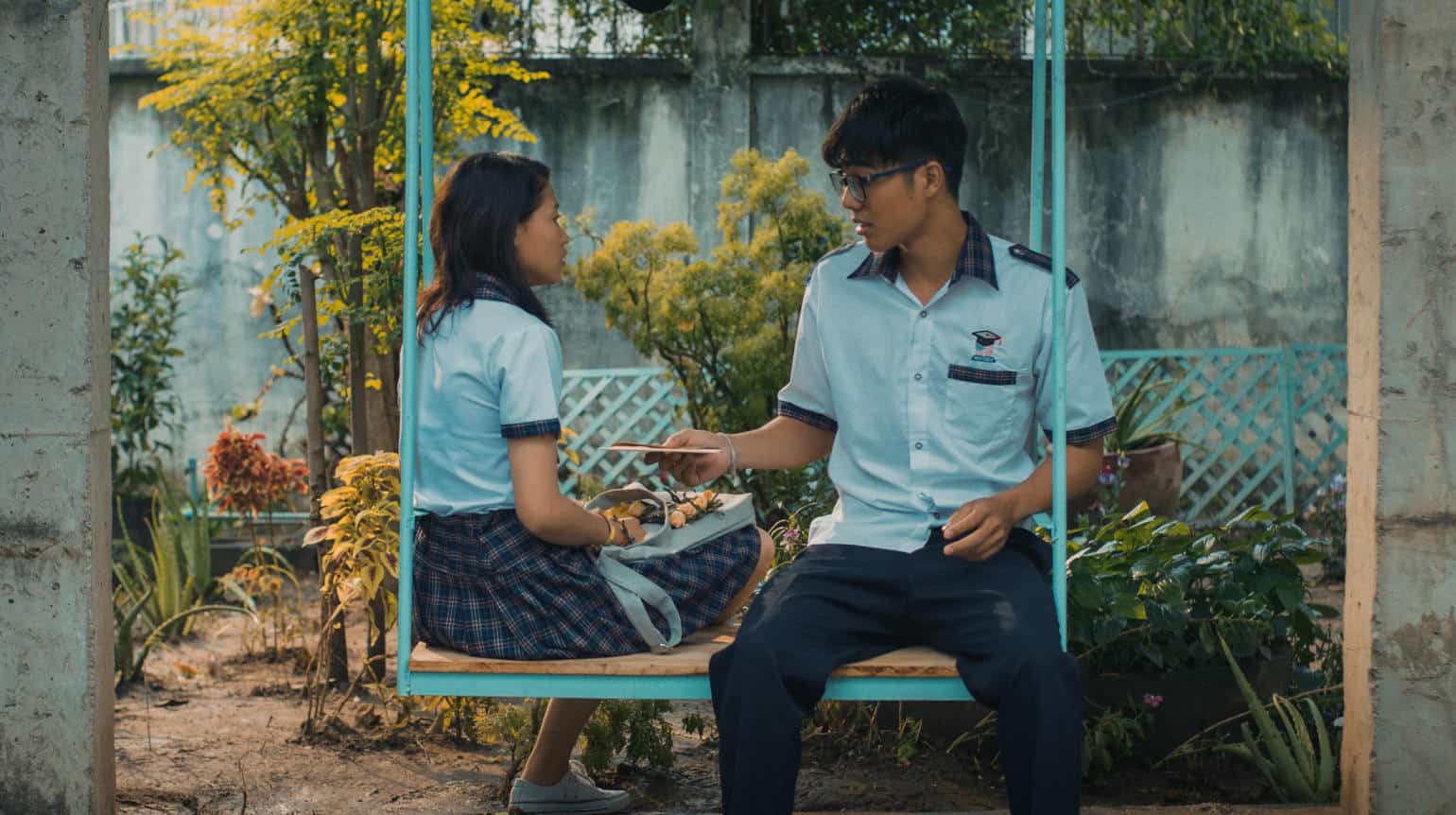There is a famous quotation “When truth becomes legend, print the legend”. It's often attributed to John Ford but is something that can really apply to Odyssey Entertainment's forthcoming release of the Mongolian feature “The Warrior Princess” detailing the real-life figure of Khutulun. The story is based on a novel by its producer and was one of the most popular Mongolian releases of the year. It's time to take a look and see if it lives up to the reputation of its heroine.
Khutulun (Tseedoo Munkhbat) is the only daughter of one of the tribal kings of Mongolia. Despite her prowess with the bow, her family wish her to be a more traditional princess and marry the prince of Pamir to form an alliance. On the night of the potential marriage, her father is attacked by assassins who steal the golden sutra. Her brother Duva (Ezenmunkh Ganbat) takes over the throne whilst their father recovers. Stubbornly, Khutulun goes after the attackers, freeing the one captured, Abatai (Battogtokh Badrakh). As they fight against the forces of Prince Nomkhon, they discover their prisoner has an ulterior motive for his actions and a final battle will decide the fate of Khutulun and her family.
“The Warrior Princess” is a frustrating feature in a sense as it has a lot to admire about it, but you are left with a sense that there could be so much more if it had another 30 minutes of running time and expanded on the narrative that is unfortunately too slender. Most of the characters are underdeveloped and yet we're given just enough snippets of their back stories to want to learn more about them. Zulifa could have been an interesting antagonist whose use of sorcery and the throwaway line about her reasons for wanting revenge has scope for expansion. Same with Abatai whose character arc is only sketched out. The opening scene makes great play on the allies of Khutulun, all of them getting introductory captions, only for some to barely register during the piece which ultimately leaves you cold as to their eventual fates. Given this is based on a novel, you do wonder what was omitted from the original work.
Check also this interview
Khutulun herself is only a broadly sketched character. This is a woman who Marco Polo wrote about and has had numerous stories and legends attributed to her. So, there is real potential here. A warrior princess living in a masculine culture that disapproves of her ideals. This gets referenced early, with her elders saying she should focus on embroidery and the feminine arts rather than her archery etc. Tseedoo Munkhbat certainly has an intensity that brings out the fiercer side of her character but the lack of depth in the script reduces her to a form of caricature. The relationship with Abatai never quite comes to life and there is an impression that the audience is being left to fill in the blanks. Battogtokh Badrakh has a quiet dignity in his performance that partially makes up for this shortcoming but leaves you wishing more had been done with it.
Khutulun's brother Duva furthers the chauvinistic viewpoint of the male gaze and Ezenmunkh Ganbat plays this egotistical character well. He's countered by Prince Nomkhon who, as the central villain, emphasizes these traits bur retains an intelligence at times even if it is manipulative. All strive for power but have little imagination as to how to use it when they get it.
Similarly, the action never quite catches fire, although there are some excellent scenes. The ninja style warriors multiplying is something right out of a Ching Siu Tung fantasy feature and elements of the horsemanship befits what you would expect from a Mongolian feature. Yet other sequences feel curiously underpowered, with some duels lacking spark. The budgetary constraints prevent it from fully achieving the epic status that it strives for (The Tribe seems to only number about 20 people) but that doesn't prevent the solid cinematography making the most of the locations.
Continuing with the theme is the use of mysticism. We start with a great play on this notion, as a younger Khutulun in conversation with her grandmother is talking about the spirits and with the character of Zulifa. Yet, like other elements of the film, it never expands or explores them with any real detail. Whilst Zulifa uses magic throughout, this side of the narrative slowly disappears over the running time. Again, this frustrates as we have a fascinating core of ideas that the script fails to fully embrace. We're given snippets of a culture without really getting to know it.
“The Mongolian Princess” is worth watching, just be prepared to be frustrated. Deep within it lies an intriguing story based on a historical figure with significant cultural impact. Its fundamental flaw is that it never goes anywhere with this concept and serves up 86 minutes of action and drama that leaves you feel like you've watched an extended trailer for a far better movie than the one you have just seen. There is potential for a truly epic story about Khutulun. Sadly this is just the edited highlights.


